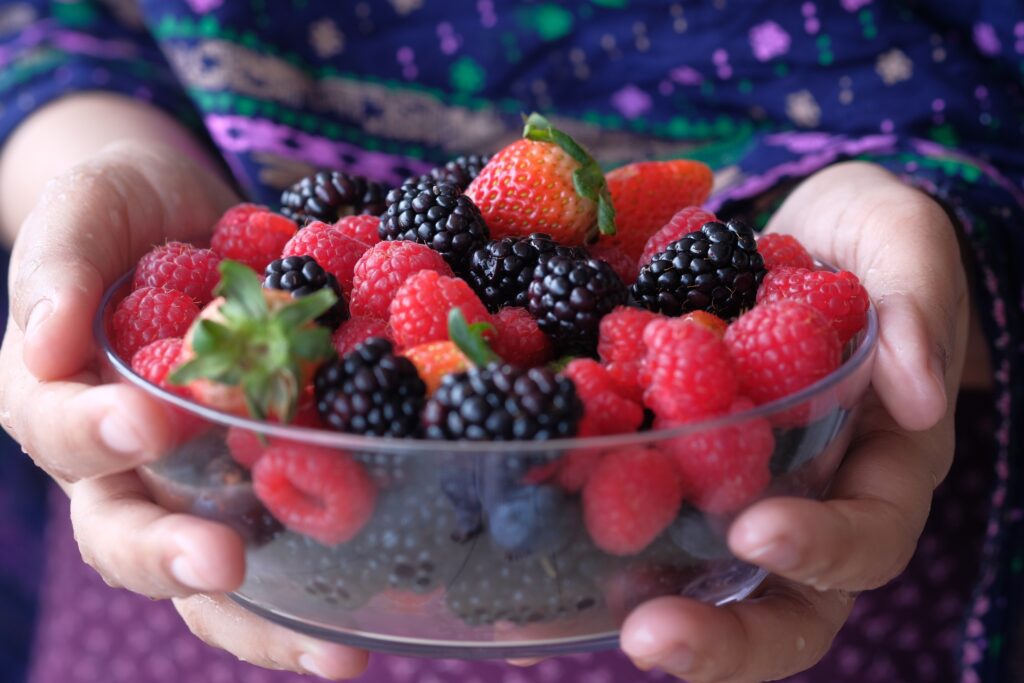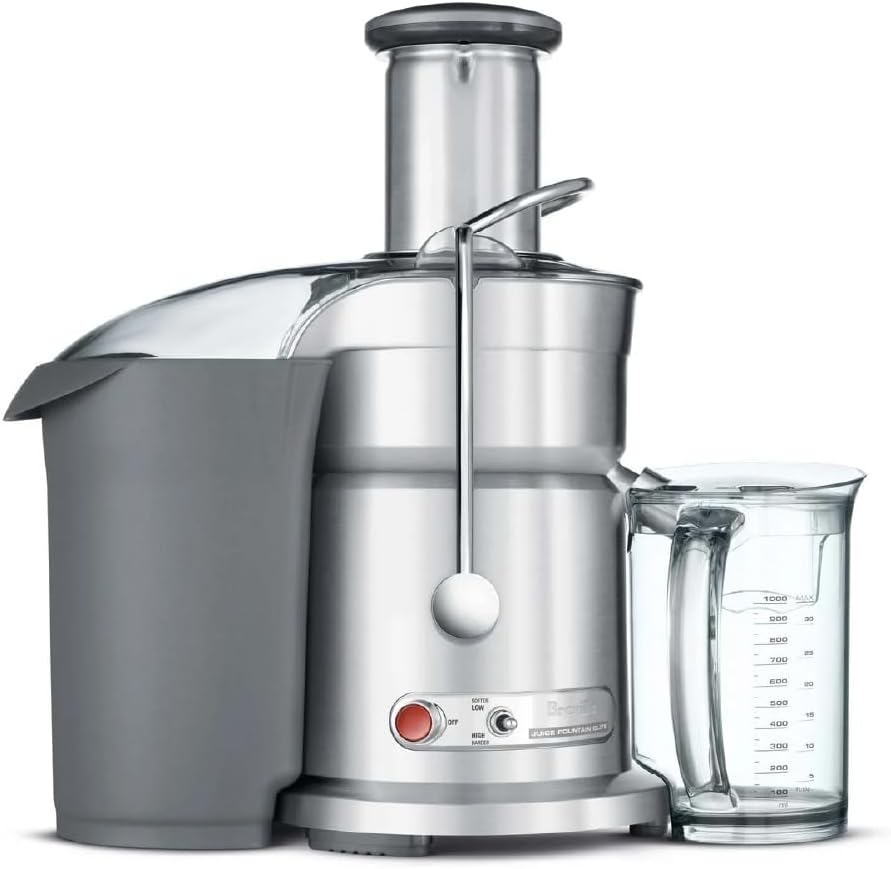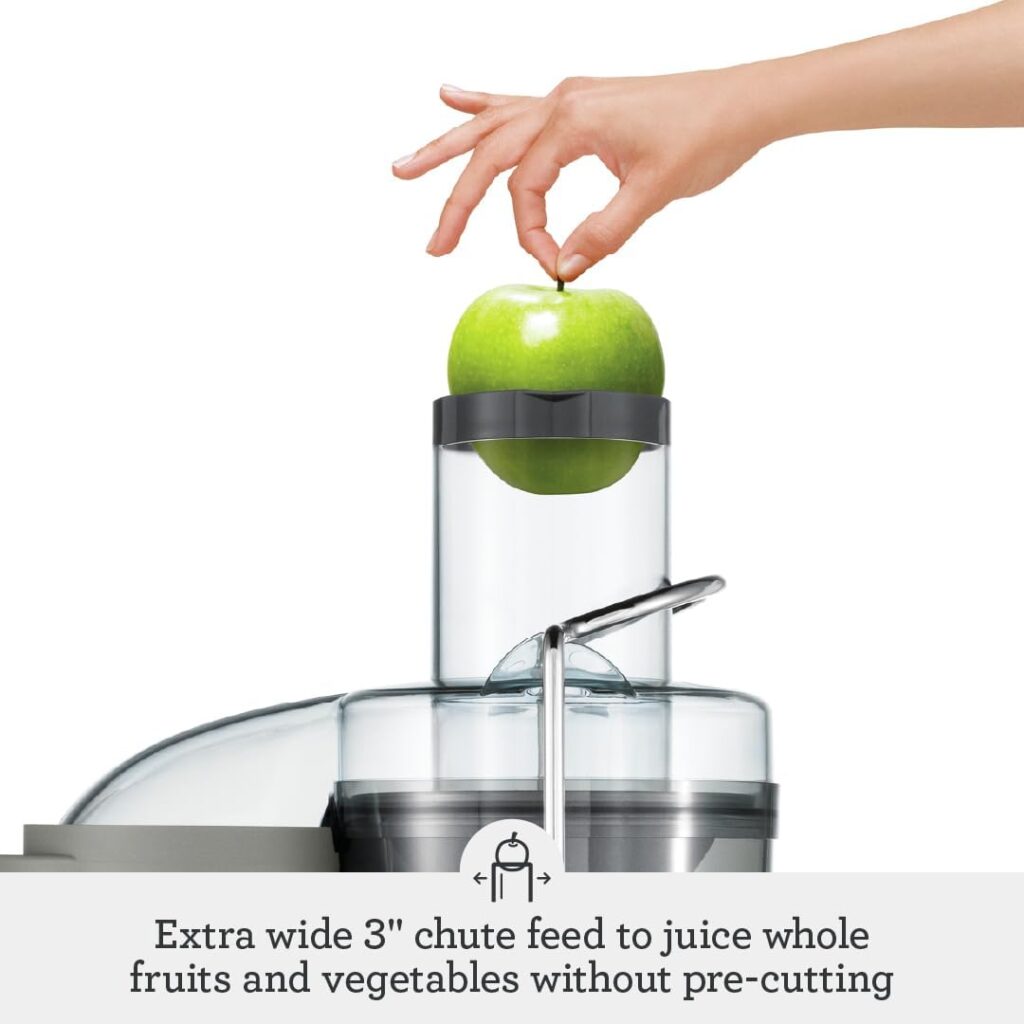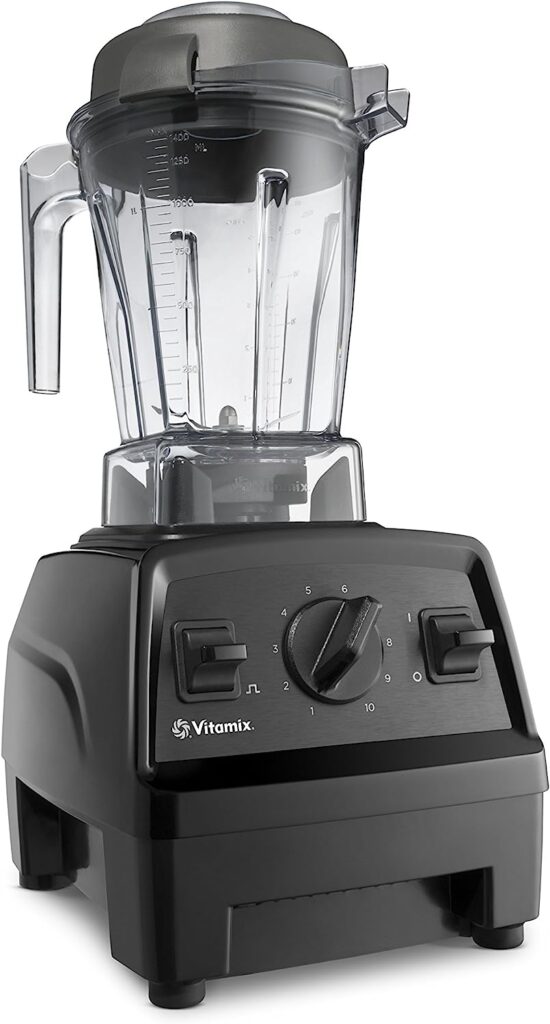Have you ever wondered about the juicing vs eating whole foods topic or what is the better choice for your health and wellness journey? Let’s explore the key differences between juicing and consuming whole foods. Understanding these differences will empower you to make informed choices that align with your optimal health and wellness goals. So, let’s dive in!

Table of Contents
What Is Juicing?
Juicing involves extracting juice from fruits and vegetables, typically using a juicer or blender. It has gained popularity as a convenient way to incorporate a variety of nutrients into our diet. However, it’s important to consider both the pros and cons before embracing juicing as a primary dietary approach.
Pros And Cons Of Juicing
Juicing offers several potential benefits, including increased nutrient absorption. By extracting the juice, we can obtain a concentrated source of vitamins, minerals, and antioxidants. Juicing can also be convenient for those who struggle to consume adequate amounts of fruits and vegetables in their whole form.
However, it’s crucial to recognize the limitations of juicing. One major drawback is the removal of dietary fiber during the juicing process. Fiber plays a vital role in digestion and helps regulate blood sugar levels. Additionally, juicing can sometimes lead to excessive sugar intake if predominantly fruit-based juices are consumed.
Choosing The Right Ingredients For Juicing
To maximize the benefits of juicing, it’s essential to choose fresh and organic produce. Opt for a variety of colorful fruits and vegetables to ensure a wide range of nutrients. Aim to strike a balance between sweet fruits and nutrient-dense vegetables to control sugar intake. Experimenting with different combinations can help you discover new flavors and enhance the nutritional profile of your juices.
Eating Whole Foods Explained
While juicing has its merits, let’s not forget the significance of consuming whole foods. Whole foods encompass a broad range of unprocessed or minimally processed options, including fruits, vegetables, whole grains, legumes, and nuts/seeds. Incorporating these into our diet provides a multitude of benefits.
Benefits Of Eating Whole Foods
One of the primary advantages of consuming whole foods is their high fiber content. Fiber aids in digestion, promotes satiety, and supports a healthy gut microbiome. Whole foods also tend to offer a more sustained release of energy compared to their juiced counterparts. Additionally, they provide a wide array of essential nutrients, including vitamins, minerals, and phytochemicals, that work synergistically to support overall health and well-being.
Incorporating Whole Foods into Your Diet
Integrating whole foods into your daily meals can be enjoyable and fulfilling. Start by planning your meals in advance, incorporating a diverse range of recipes and food combinations. Experiment with new ingredients and cooking techniques to expand your culinary horizons. Consider incorporating whole grains, legumes, and a rainbow of fruits and vegetables to ensure a well-rounded and nourishing diet.
Juicing vs Eating Whole: Key Differences
Now that we understand the basics of juicing vs eating whole foods, let’s explore the key differences between these two approaches.
Nutrient Content and Absorption
When it comes to nutrient content, whole foods have the advantage. While juicing can provide concentrated nutrients, it often lacks the full spectrum of vitamins, minerals, and phytochemicals found in whole foods. Whole foods offer a more comprehensive package of nutrients, including fiber, which aids in nutrient absorption and promotes optimal gut health.
Fiber Content and Digestion
One significant difference between juicing vs eating whole foods lies in their fiber content. Juicing removes the fiber present in fruits and vegetables, which can have implications for digestion. Dietary fiber promotes regular bowel movements, helps maintain healthy cholesterol levels, and keeps us feeling satisfied after meals. Consuming whole foods ensures an adequate intake of dietary fiber, which is essential for overall digestive wellness.
Satiety and Hunger Management
Eating whole foods promotes better satiety and hunger management compared to juicing. Chewing whole foods triggers our body’s satiety signals, signaling to our brain that we’ve eaten enough. The absence of fiber in juices can lead to a less satisfying experience, potentially causing us to consume more calories than necessary. Opting for whole foods helps regulate appetite, making it easier to maintain a healthy weight and prevent overeating. Meaning it’s a tough battle between juicing vs eating whole foods when it comes to this point.
Blood Sugar Impact
Considering blood sugar levels is crucial, particularly for individuals with diabetes or those aiming to balance their blood sugar. Juices, especially those predominantly made from fruit, can cause a rapid increase in blood sugar due to their higher sugar content and lack of fiber. On the other hand, consuming whole foods, particularly those with low glycemic index values, helps maintain stable blood sugar levels.
This article contains Amazon affiliate links. Should you make a purchase, I receive a commission that helps support my work.
Juicing Products I Use And Love
So it’s no secret that if you’re serious about juicing you need two things. You need a juicer and a blender.
Here is my recommendation –
It’s the top-of-the-line Breville of course


Or for smoothies and blending here’s my everyday go to – the Vitamix – You get what you pay for.


Conclusion
In the juicing vs eating whole foods debate, both approaches have their merits. Juicing offers convenience and concentrated nutrients, while consuming whole foods ensures a well-rounded intake of fiber, essential nutrients, and sustained energy. The key is to strike a balance and consider your individual goals, preferences, and health needs.
Remember, no single approach fits everyone. Experiment, listen to your body, and make choices that align with your overall well-being. Whether you choose to incorporate juicing or focus on eating whole foods, aim for variety, balance, and mindful consumption.
By understanding the differences between juicing vs eating whole foods, you can make informed decisions to support your health and wellness journey. Remember, there’s no one-size-fits-all solution, so explore what works best for you and enjoy the process of nourishing your body with wholesome choices.
Frequently Asked Questions (FAQs)
As you explore the world of juicing and whole foods, you may have some lingering questions. Here are answers to three commonly asked questions to further enhance your understanding:
Do I lose some of the nutrients in fruits and veggies with juicing?
When you juice fruits and vegetables, it’s true that you may lose some nutrients compared to consuming them whole. The juicing process removes dietary fiber, which is essential for digestion and nutrient absorption. However, juicing also offers benefits by providing a concentrated source of vitamins, minerals, and antioxidants. To ensure you receive a wide range of nutrients, consider incorporating both juicing and whole foods into your diet.
When is a good time to change my diet and start juicing?
The decision to change your diet and start juicing depends on your personal goals and circumstances. If you’re looking to enhance your overall health, manage your weight, or increase your nutrient intake, incorporating juicing and whole foods can be beneficial. It’s important to consult with a healthcare professional or registered dietitian to ensure your dietary choices align with your individual needs.
Can I still eat fruits and veggies if I’m getting all my nutrients with my daily juicing?
Absolutely! While juicing can provide concentrated nutrients, it’s still important to include whole fruits and vegetables in your diet. Whole foods offer valuable dietary fiber, which supports healthy digestion and contributes to overall well-being. Additionally, consuming a variety of whole fruits and vegetables ensures a diverse range of nutrients and phytochemicals that may not be present in juices alone. Aim for a balanced approach by incorporating both juicing and whole foods into your daily routine.
By addressing these frequently asked questions, we hope to clarify any doubts or concerns you may have had regarding juicing and its impact on nutrient intake. Remember, the key is to find a balanced approach that suits your individual needs and preferences.
And for more insights check out these articles below!
Comments +
Juicing vs Eating Whole: What’s the Difference?
Health & Wellness